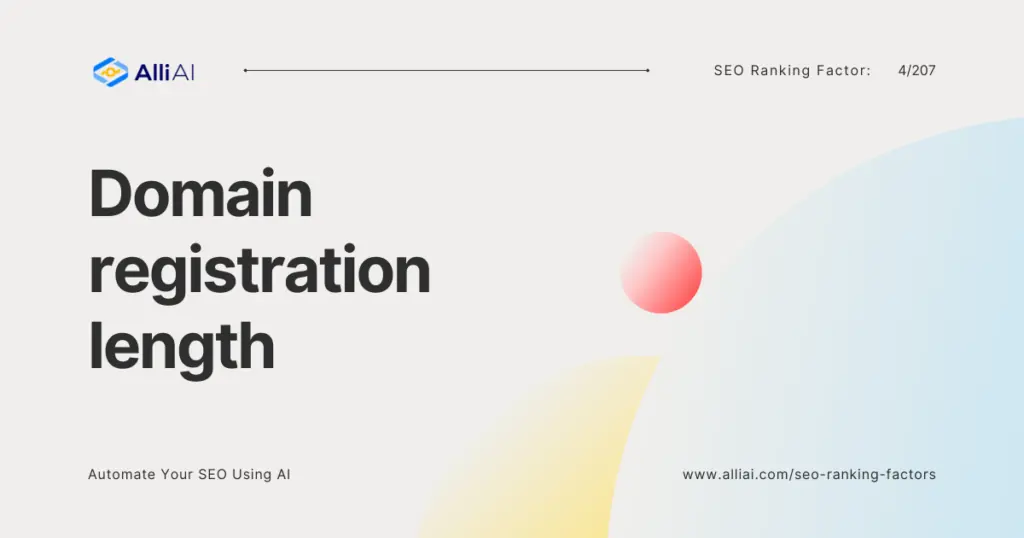Understanding the Impact of Domain Name Length on SEO
When it comes to optimizing a website for search engines, every detail matters. From meta tags to content quality, SEO experts leave no stone unturned in their quest to improve rankings. One often-overlooked factor that can have a significant impact on SEO is the length of a domain name.
While it may seem like a minor detail, the length of your domain name can actually play a role in how well your site performs in search engine results. In this article, we’ll explore the relationship between domain name length and SEO, and offer tips for choosing the right domain for your website.
Why Does Domain Name Length Matter?
Search engines like Google use complex algorithms to determine the relevance and credibility of websites. These algorithms take into account a wide range of factors, including keyword usage, backlinks, and domain authority. Domain name length is another factor that search engines consider when ranking websites.
Shorter domain names are generally easier to remember and type, making them more user-friendly. This can lead to higher click-through rates and increased traffic, both of which are important for SEO. Additionally, shorter domain names are less likely to be misspelled or mistyped, which can affect search engine visibility.
On the other hand, longer domain names can be more descriptive and include important keywords that help search engines understand the content of the website. While longer domain names can be effective for niche websites targeting specific keywords, they may not be as memorable or easy to type as shorter domains.
How to Choose the Right Domain Length for SEO
So, how do you choose the right domain length for your website? The key is to strike a balance between being descriptive and user-friendly. Here are some tips to help you choose the optimal domain length for SEO:
- Keep it short and sweet: Aim for a domain name that is between 6-14 characters long. This will make your domain easy to remember and type.
- Include keywords: If possible, incorporate relevant keywords into your domain name. This can help improve your search engine rankings.
- Avoid hyphens and numbers: Hyphens and numbers can make a domain name harder to remember and type. Stick to letters only for best results.
- Consider your brand: Your domain name should reflect your brand identity and be easy for customers to remember.
By following these tips, you can choose a domain name that strikes the perfect balance between SEO optimization and user-friendliness. Remember, your domain name is often the first thing visitors see, so make it count!
In conclusion, domain name length does matter when it comes to SEO. By choosing a domain name that is both user-friendly and SEO-optimized, you can improve your website’s visibility and ultimately drive more traffic. So, next time you’re brainstorming domain ideas, keep these tips in mind for maximum impact.
